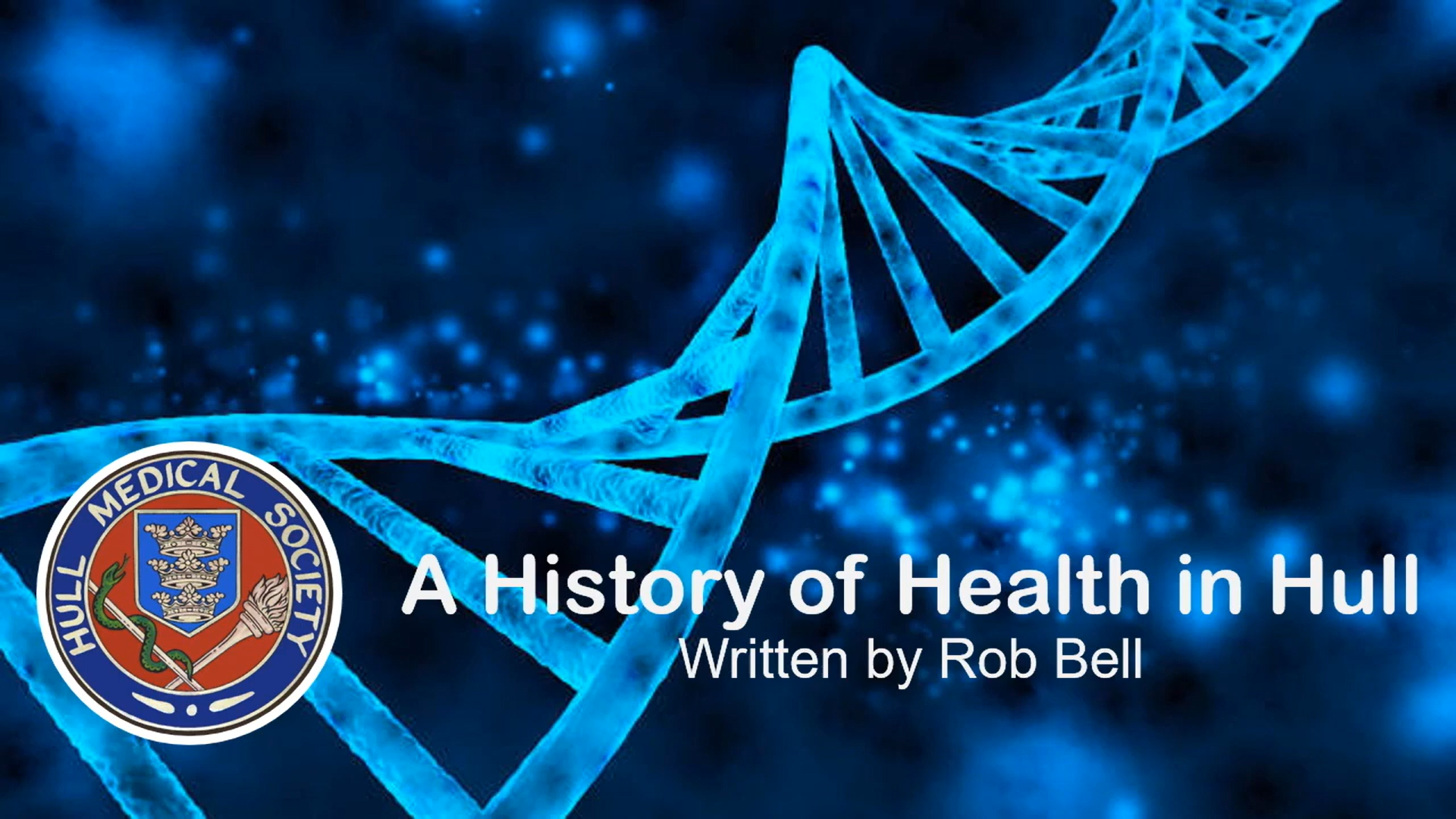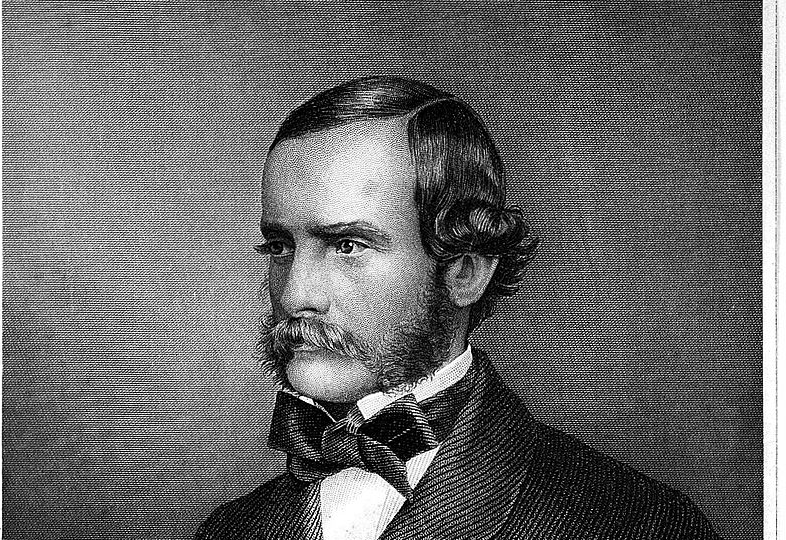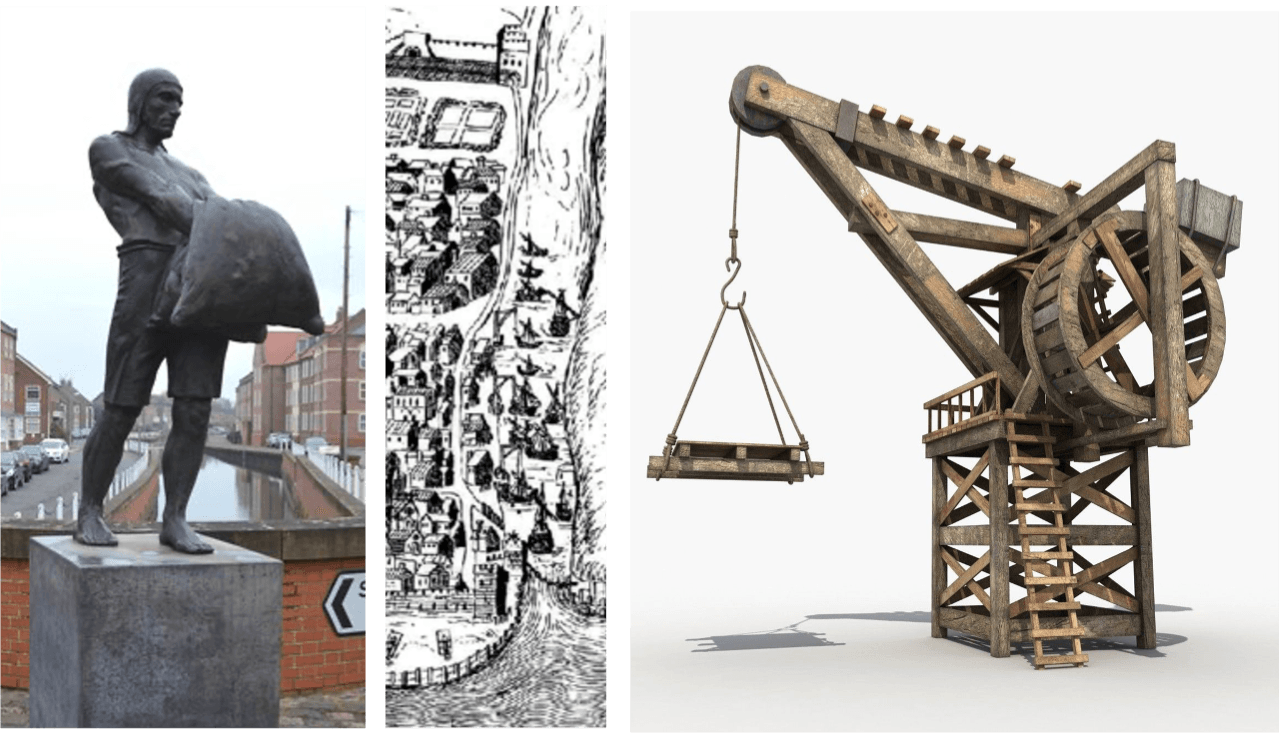What happens when the path of “animal spirits” down your spine becomes blocked?* How do you prevent “delicious wines” from giving you “pain, and melancholia, frightful ideas, horrible dreams, and black despair”?** The answers to these, and many more medical mysteries, can be found in a rare and unique collection of medical texts housed in the Hull Medical Society library.
Doctors in Hull contributed works to the library for 170 years until the start of the Second World War. But many of the texts are much older; some dating to the 1500s.
From Alderson’s 1788 Essay on Contagion to Zimmerman’s Treatise on Dysentery, the library carries historical works on health care, anatomy, pharmacology and surgery. Alongside lesser-known pamphlets containing medically dubious advice sit early editions from some of the great thinkers in medical science. These include the whole collected writings of ‘Father of Medicine’ Thomas Sydenham, and works by Boyle, Darwin and Descartes.
The journals, textbooks and reference tomes have all been owned or used by medical professionals in Hull over the centuries. Taken as a whole, therefore, the collection represents a record of the changing patterns of medical and surgical practice in the city, and is the largest collection of its kind in the UK. In addition, complete runs of the BMJ and Lancet until 1955, along with numerous other 19th century journals, trace the development of medical thought over the years.
Originally housed in Hull Infirmary in the 18th century, the Hull Medical Society took on guardianship of this precious collection and transferred it to the nearby East Riding Medical Education Centre, where a programme of restoration and cataloguing is underway. Today, the Reading Room and the library’s illustrated catalogue can be accessed by appointment.
So, whether you want to delve into the discovery that foxgloves increase blood flow, or put yourself in the shoes of an 18th Century accoucheur, this unique resource is on your doorstep.
* You inevitably die painfully, according to J Purcell’s 1714 Treatise on Cholick
** Temperance is the key, if you follow the counsel of G Cheyne’s Essay on Gout (1720).










